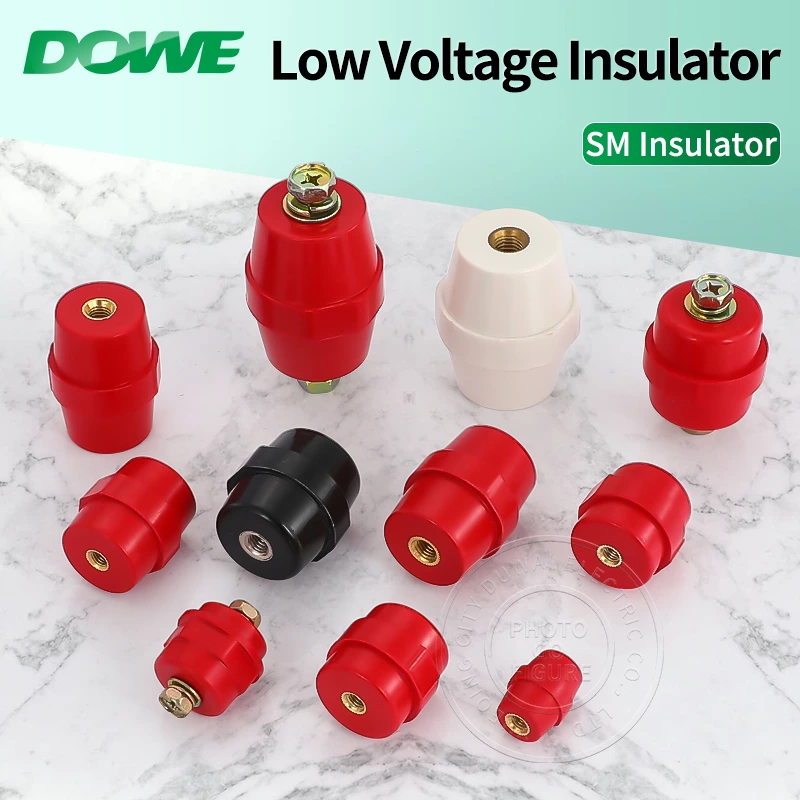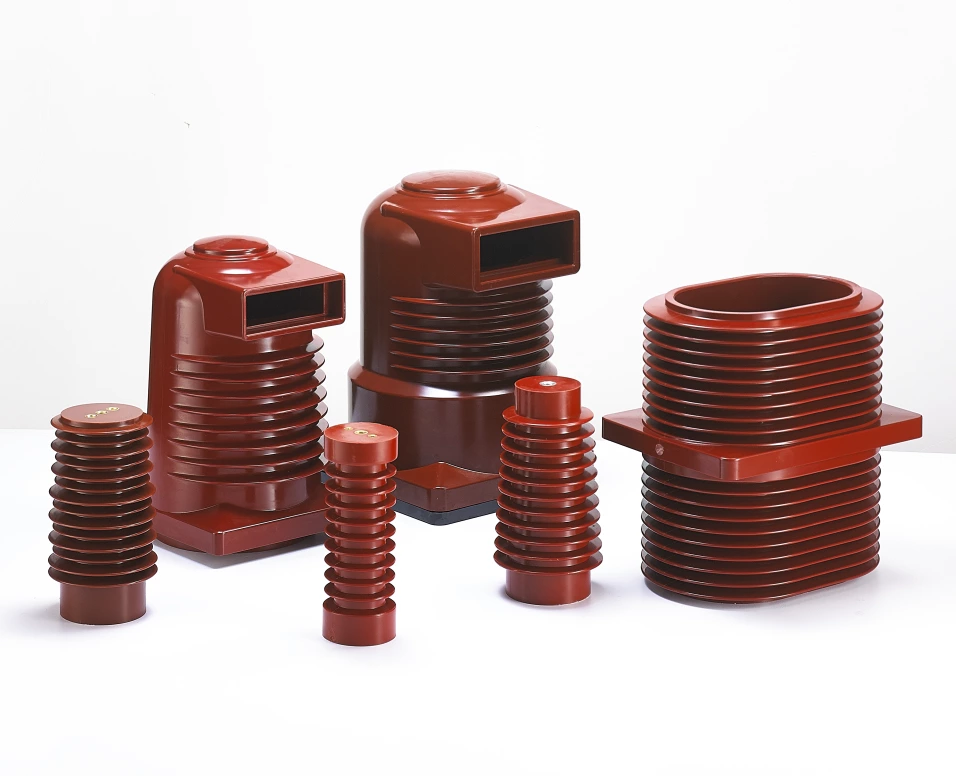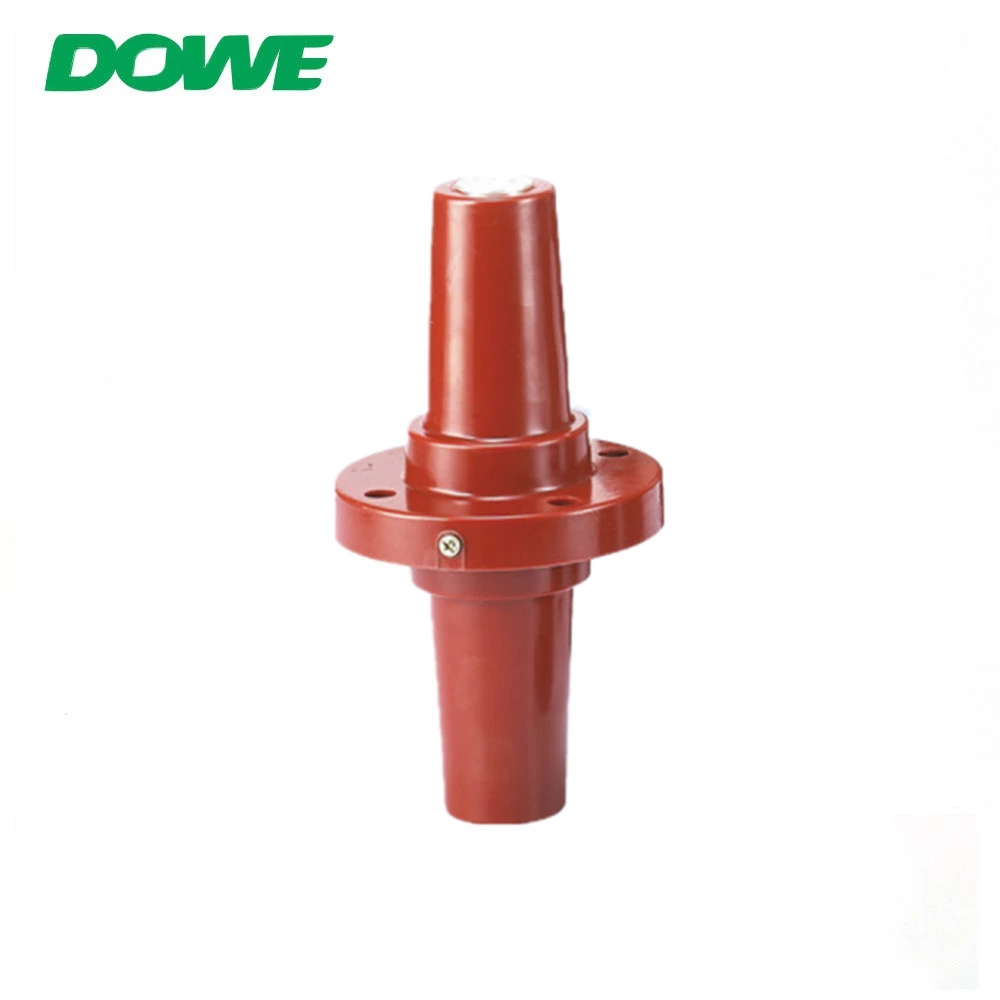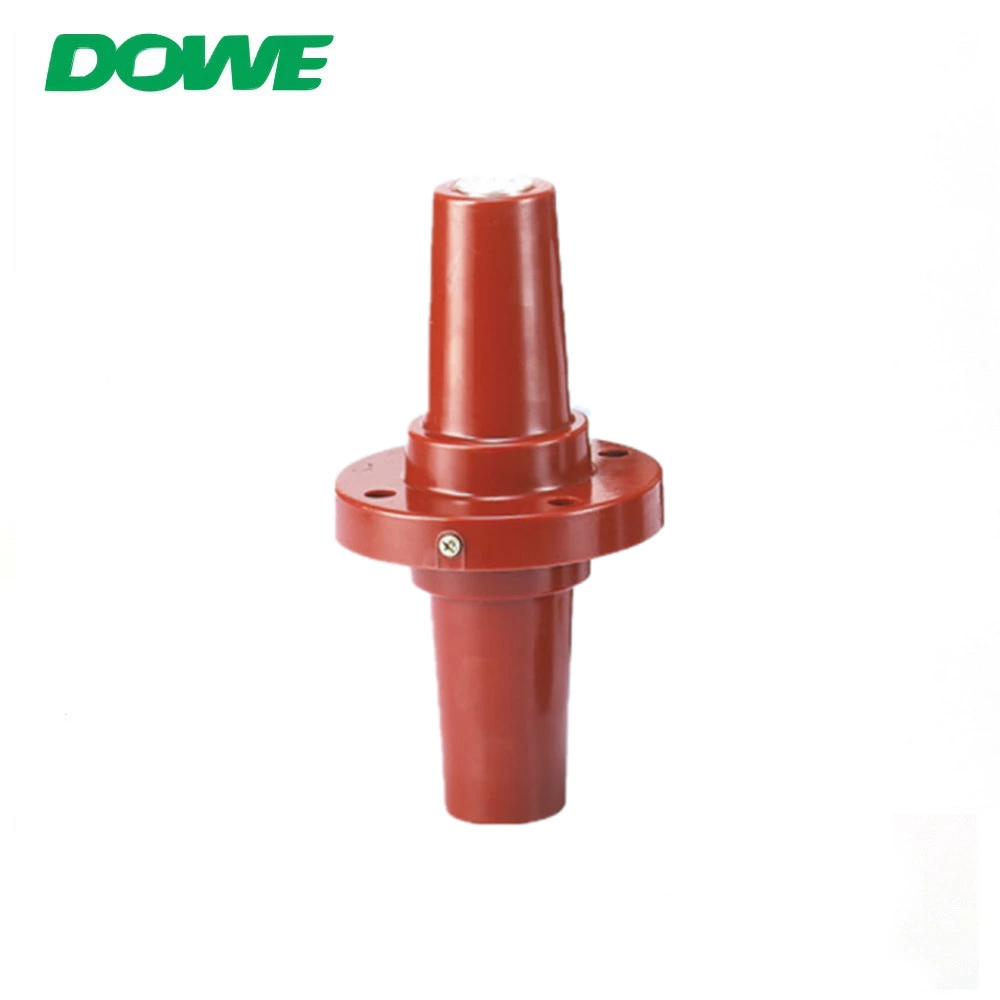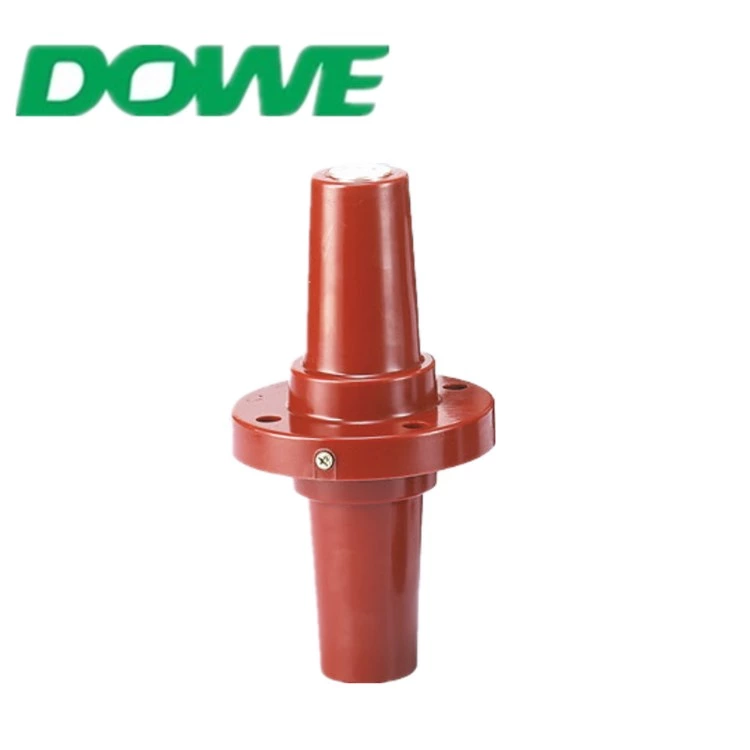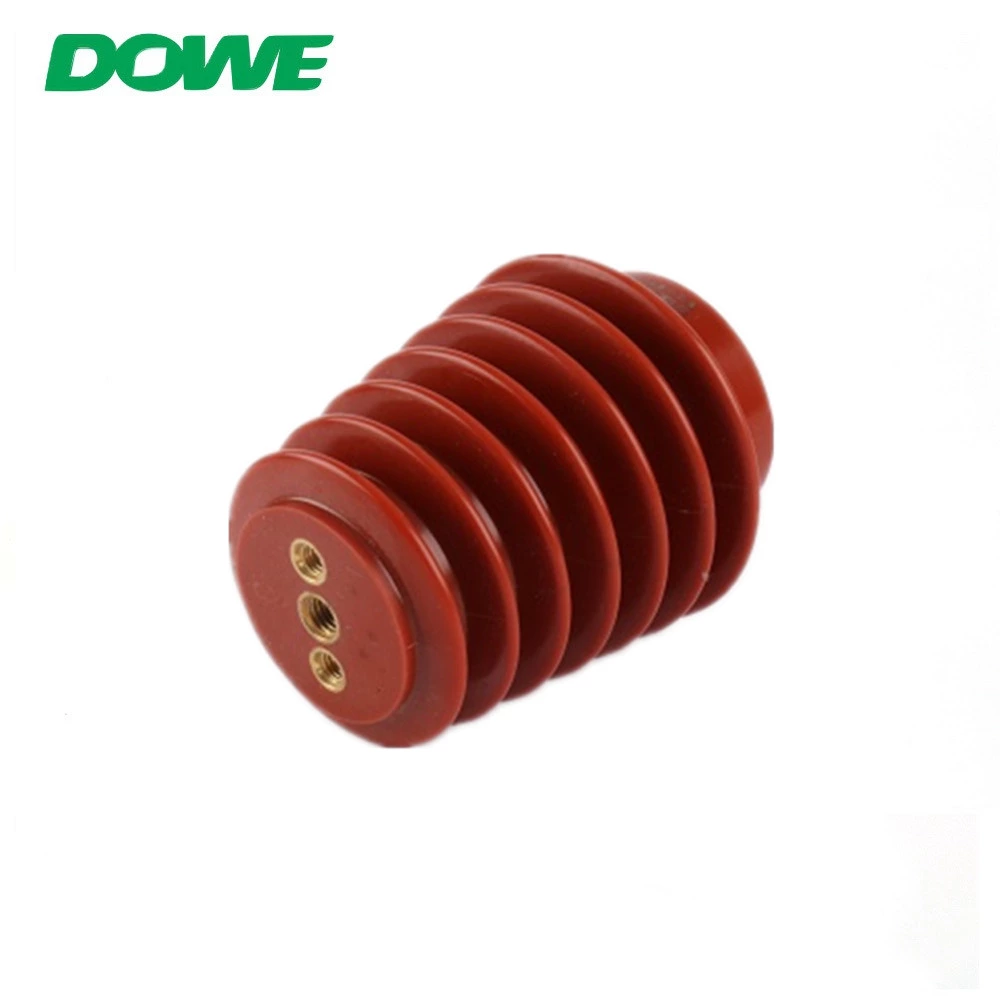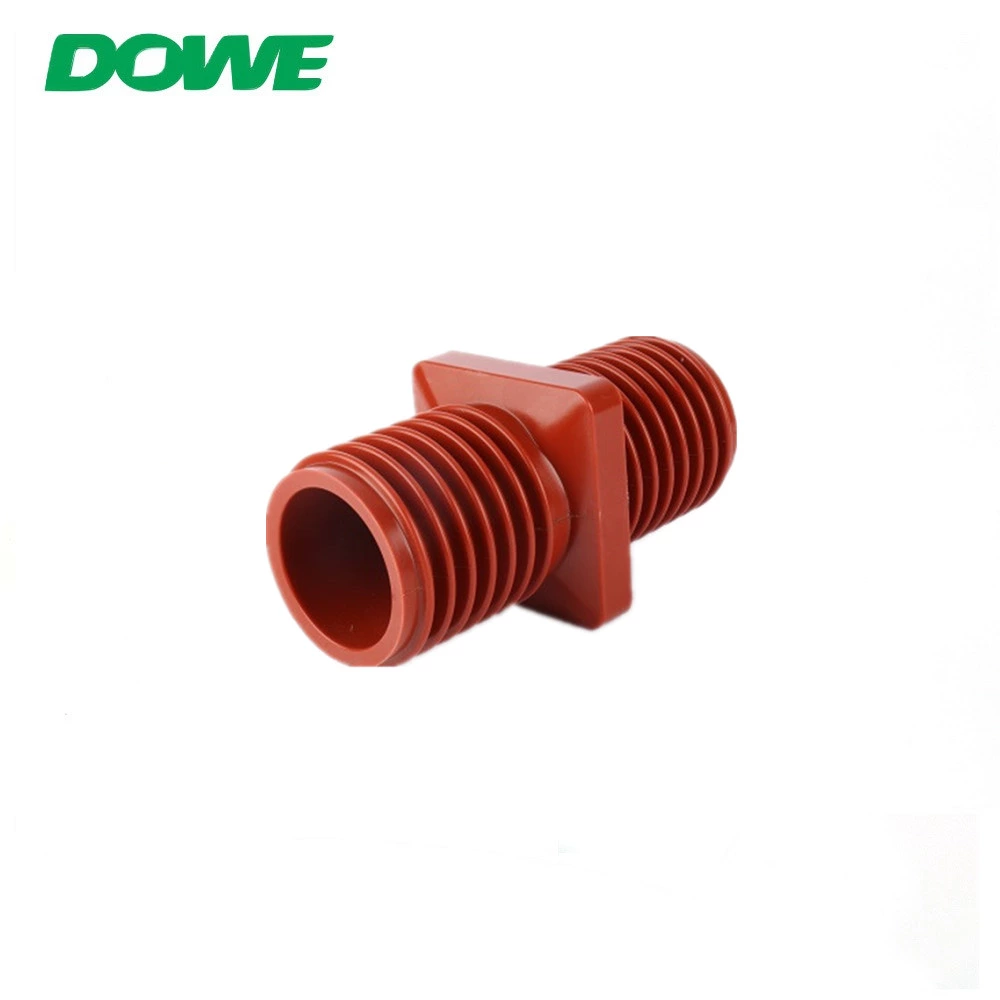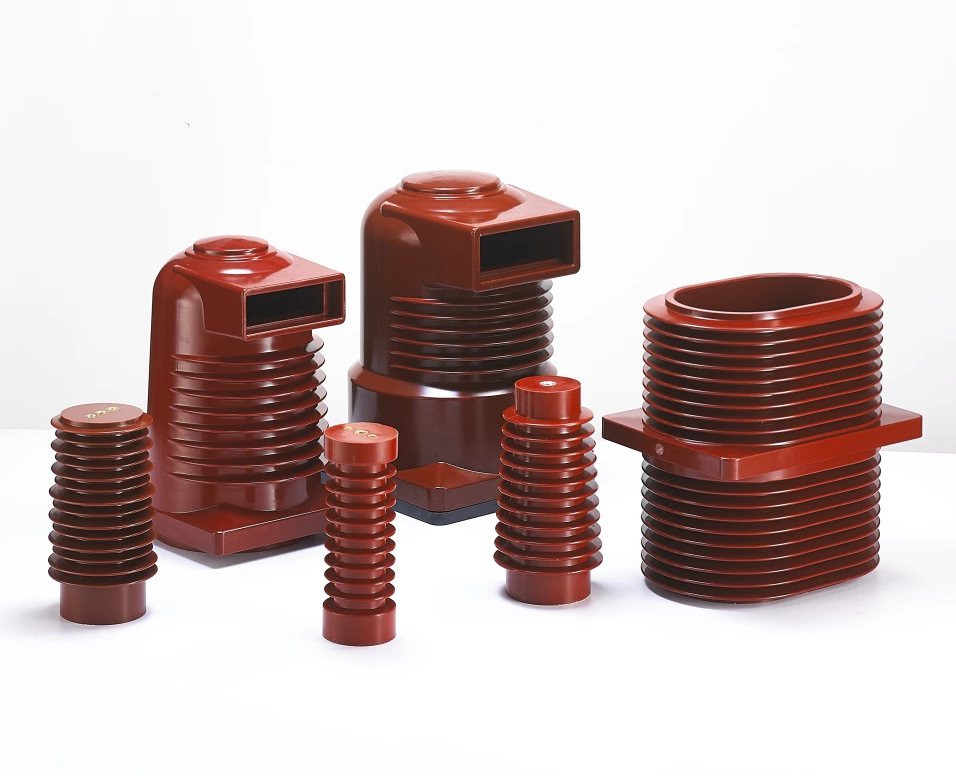How Do Busbar Insulator Specifications Impact Your System’s Efficiency?
When electrical systems fail, poor-quality insulators are often to blame. Many overlook how specifications affect performance. I’ve experienced firsthand the difference proper insulator choices make.
The right busbar insulator specifications ensure optimal efficiency by preventing power loss, maintaining safety, and increasing system longevity.
Let me share a story. A project I worked on nearly failed because of mismatched insulator specs. After switching to the correct ones, efficiency soared by 20%. Let’s explore this critical topic.
Table of Contents
- Why Are Insulator Material and Size Critical to Efficiency?
- How Do Voltage Ratings Influence Insulator Selection?
- What Role Does Certification Play in Insulator Efficiency?
- Conclusion
Why Are Insulator Material and Size Critical to Efficiency?
Material and size are the backbone of an insulator’s performance. The right choice can significantly reduce energy loss and system failures.
Insulators with suitable material and size minimize leakage currents and heat buildup, ensuring maximum power delivery.
For instance, I once tested a high-strength polymer insulator against a ceramic one. The polymer showed better heat resistance and lower energy dissipation in high-load environments. Learn more about high-strength polymer insulators1.
Material Comparison Table
| Material | Benefits | Drawbacks |
|---|---|---|
| Ceramic | High durability, heat resistance | Brittle, heavier |
| Polymer | Lightweight, flexible, cost-effective | Lower heat tolerance in some cases |
Carefully matching material properties with your system's requirements ensures consistent efficiency.
How Do Voltage Ratings Influence Insulator Selection?
Voltage ratings are not mere numbers; they determine an insulator's suitability for specific applications.
Choosing an insulator with the correct voltage rating prevents arcing, breakdowns, and safety hazards.
A client of mine once used an insulator rated below the system voltage. The result? A catastrophic failure that halted production for days. Upgrading to a properly rated insulator restored operations and reduced downtime. Read about the importance of voltage ratings2.

The takeaway: always verify voltage compatibility before purchasing.
What Role Does Certification Play in Insulator Efficiency?
Certifications ensure insulators meet industry standards for performance and safety. Without these, you risk using subpar products.
Certified insulators guarantee compliance with global safety and efficiency standards.
When sourcing insulators internationally, I prioritize certifications like UL and IEC. They validate a product's quality and ensure it can withstand rigorous operating conditions. Explore global certifications for insulators3.
Conclusion
Specifications like material, size, voltage ratings, and certifications directly influence system efficiency. Always choose wisely.
Footnotes
-
To provide evidence supporting the claim that polymer insulators have better heat resistance. ↩
-
To explain why matching insulator voltage ratings is critical for system safety and efficiency. ↩
-
To clarify the role of certifications like UL and IEC in ensuring product quality and performance. ↩

